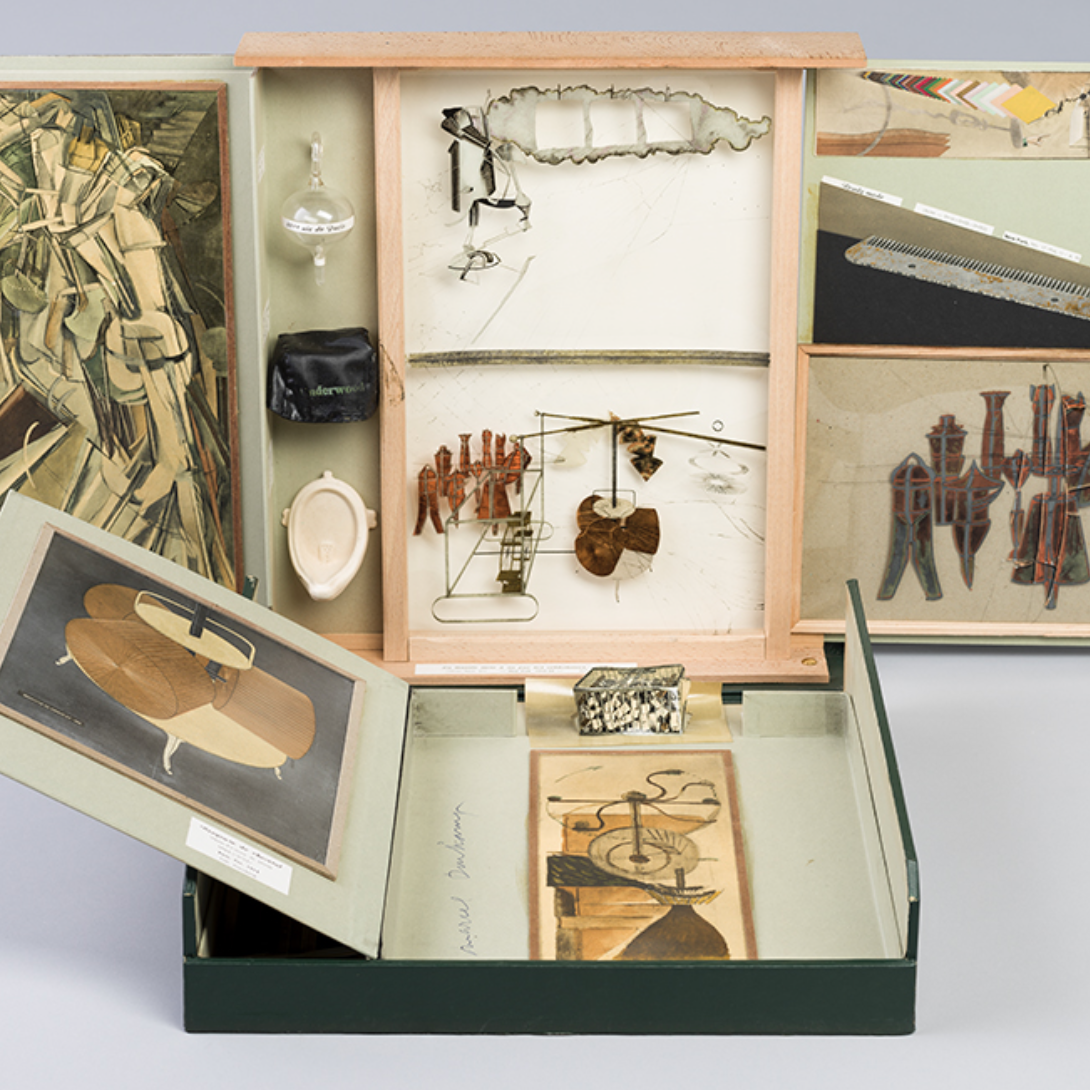As our new year of publishing and programming picks up speed, we at The Common wanted to reflect on the pieces that made last year such a great one! We published over 200 pieces online and in print in 2023. Below, you can browse a list of the six most-read pieces of 2023 to see which stories, essays, and poems left an impact on readers.
*
Two Poems from The Spring of Plagues by Ana Carolina Assis, translated by Heath Wing

“i wish I could / prevent your death / and bury your body alive / in the puny damp / earth
we tended / so that it kept on living / mandioca corn banana / would not sprout forth /
but instead / acerola cherry blackberry pitanga hog plum.”
January 2023 Poetry Feature, with work by Tina Cane, Myronn Hardy, and Marc Vincenz

“Sheila had IHOP delivered to her apartment in El Alto, NY / on January 6th
so she could kick back self-proclaimed terrorist / that she is and eat pancakes
while watching white supremacists / storm the Capital.”
The Story of A Box by Jeffrey Harrison

“Duchamp gave my grandparents the Boîte-en-valise in the early 1960s. It was one of many handmade boxes Duchamp created containing miniature versions of his paintings and other works. This item… might have been the most intriguing to my siblings and me.”
Dispatch from Moscow, Idaho by Afton Montgomery

“The neighbor children are in the Evangelical cult that Vice and The Guardian wrote about last year. They’re not allowed to speak to us, which is a thing no one has ever said aloud but is true, nonetheless. This town is full of true things that no one says aloud.”
Five Poems by Serbian Poet Milena Marković, translated by Steven and Maja Teref

“the girl isn’t wearing warm socks / some men catcall her at the bus station / she pretends not to hear them / the barking dog chases the escaping sun / there used to be a landfill / behind the supermarket / black birds used to have lunch / and even dinner there.”
Farmworker Poetry Feature, with work by Rodney Gomez

“If I sang I was sinful, I was animal. Stole sips from circumscribed fountains.
I said murciélago, my knuckles drew a ruler. I said San Judas, my arm was viced.
Survived by christening the bruise a train track.”
Thanks for a great year! We are excited to continue sharing work by writers all over the world with you in 2024. Keep up with the art, prose, and poetry we publish each week by subscribing to our newsletter!




